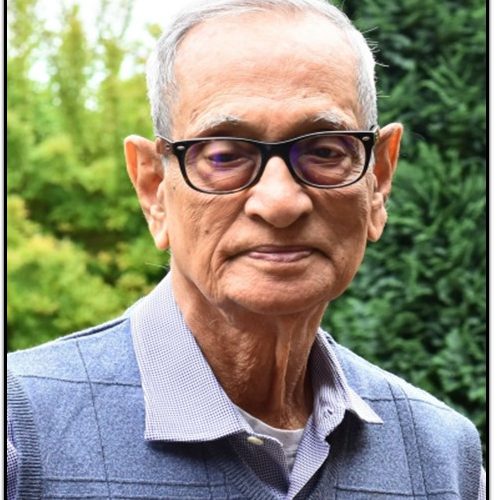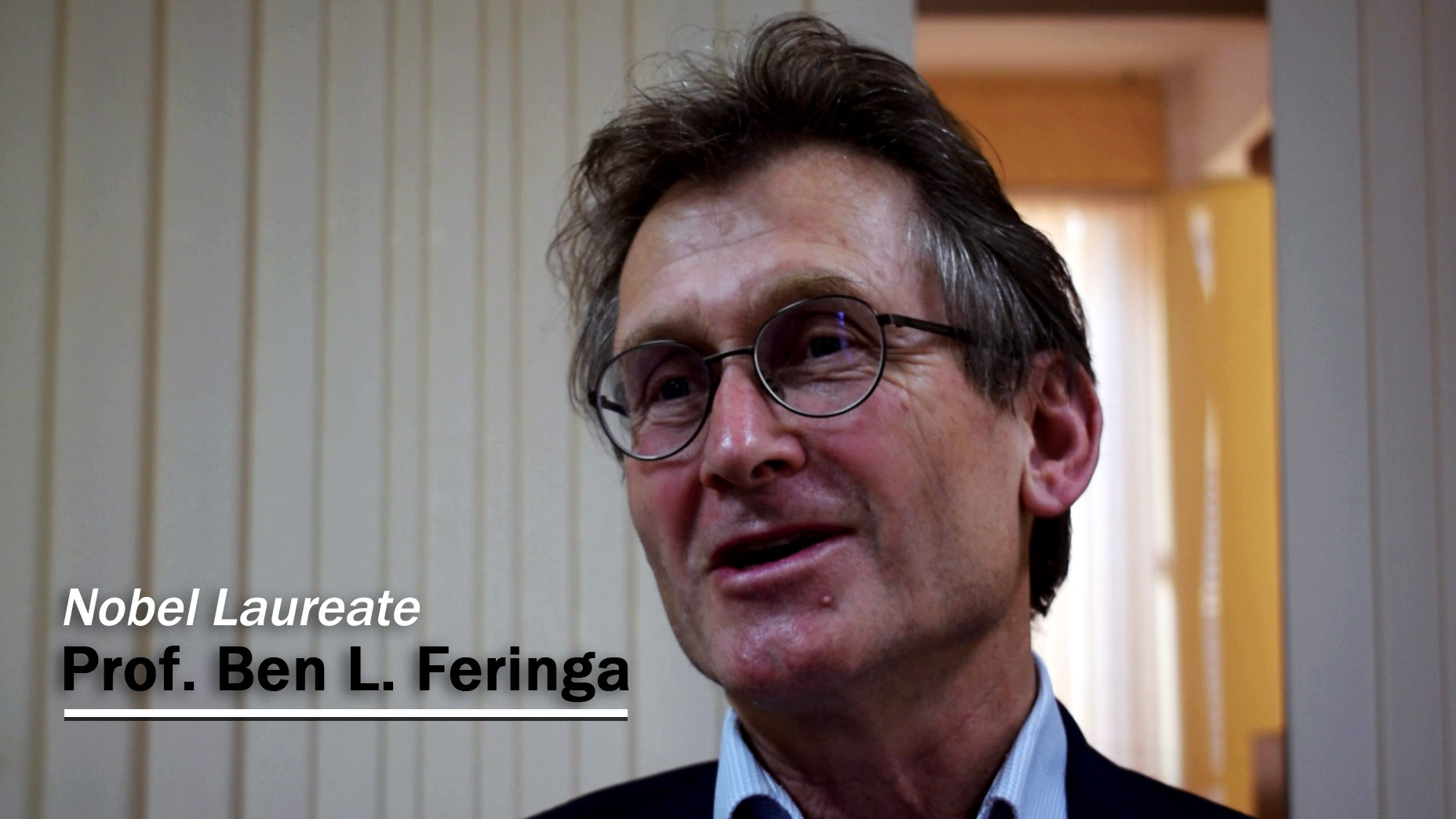
The Lost Heart
Death is a shout of silent breathe I shall reside in your airy heath You will be happy for tomorrow because of yesterday This journey of life has been a pray Nothing is hurt and nothing is lost A brief moment that will soon exhaust For this is a journey, we all must intake We shall laugh at the parting ways For we will meet again I am the soft star that will remain And if a tear starts to fall I shall catch it through it all I am with you when the times are good To share a…

